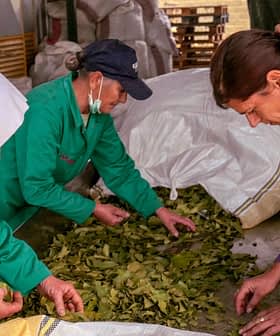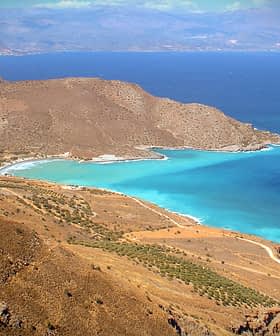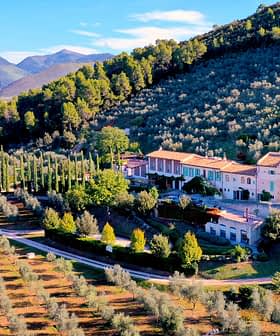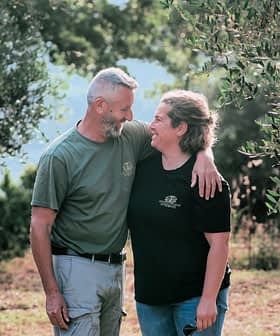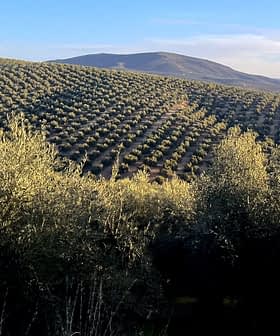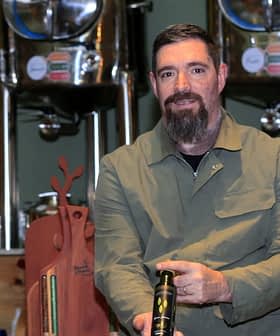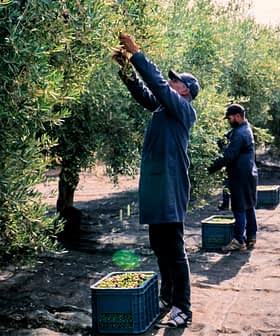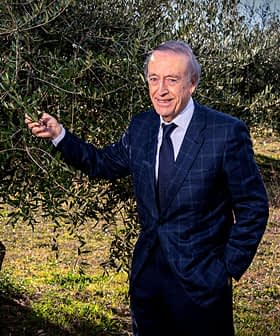This Small but Mighty Producer Takes a Traditional Cretan Variety to New Heights
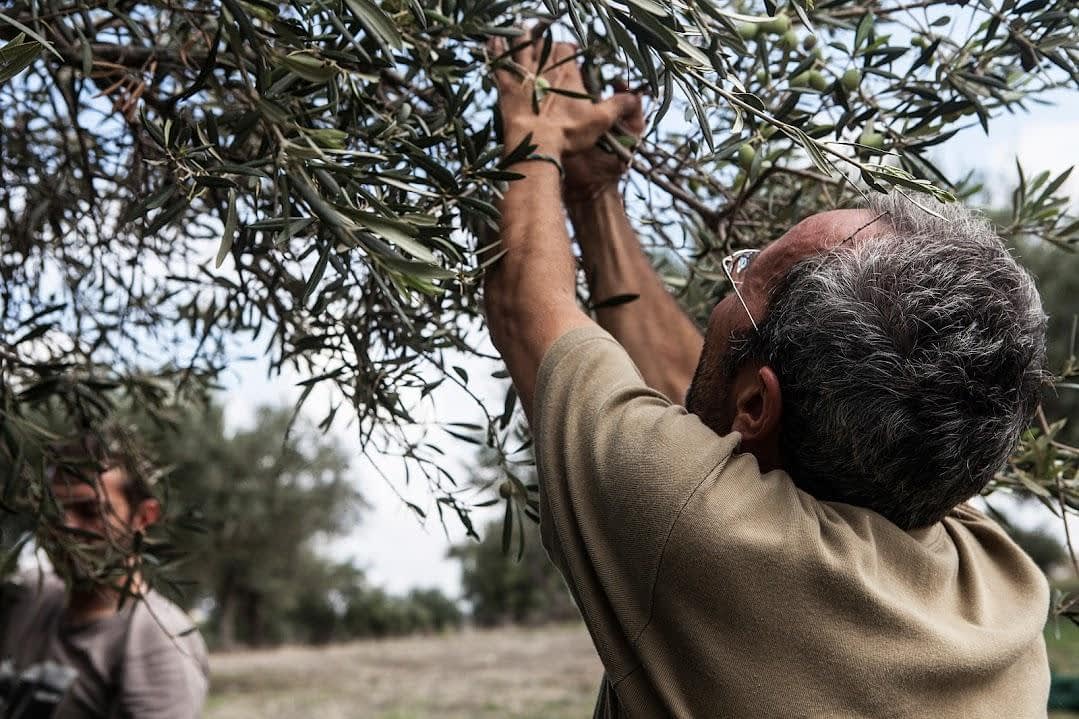
Silvergreen is a family-owned company in Crete that produces high-quality extra virgin olive oil from the ancient Tsounati variety, with a focus on organic and sustainable farming practices. Their olive oil, Efkrato, has won awards and is high in polyphenols, meeting health regulations while offering a unique culinary experience that complements a variety of dishes.
Two relatives with the dream of creating world-class extra virgin olive oil, the family olive groves and the unique terroir of Crete, are the main ingredients of Silvergreen, which crafts olive oil from an indigenous Cretan cultivar.
“Silvergreen is Andreas and Emmanuel,” said Emmanuel Vantarakis, one of the two cousins behind the company. “Of course, our families are always next to us, providing a helping hand in the harvest and supporting us all the way.”
Every drop of olive oil we produce is a worthy representative of the cultural wealth of our island.
Silvergreen was born from the experiences and knowledge the cousins accumulated while living abroad and traveling.
“In our travels, we had the opportunity to get our hands on a lot of quality agricultural products and witness good production practices,” Vantarakis said. “These experiences, together with our common values of culture, ecology and gastronomy, made us return to Crete in 2019 and merge the families groves.”
See Also:Producer Profiles“We aimed to produce extra virgin olive oil from the ancient Tsounati variety that would be of comparable quality to the great oils we tasted in other places,” he added.
The olive groves of Silvergreen lie close to the coastal city of Rethymnon in Crete. They mainly comprise olive trees of the Tsounati variety, one of the oldest olive cultivars on the island.
“Tsounati is considered the most traditional olive variety of Crete,” Vantarakis said. “The Tsounati trees are quite different from the more widespread Koroneiki trees. Their leaves are lighter green, their crown is more irregular and their drupes are bigger and quite delicate, being unforgiving to mistakes during processing.”
“Being a demanding variety when it comes to growing, many Tsounati trees on the island have been replaced by trees of the Koroneiki variety, an easier-to-grow and more predictable olive cultivar,” he added.
Vantarakis pointed out that the indigenous Cretan olive cultivars are perfectly adapted to the island’s microclimate, shaped by the island’s intense relief and the combined influence of the sea and the mountains.
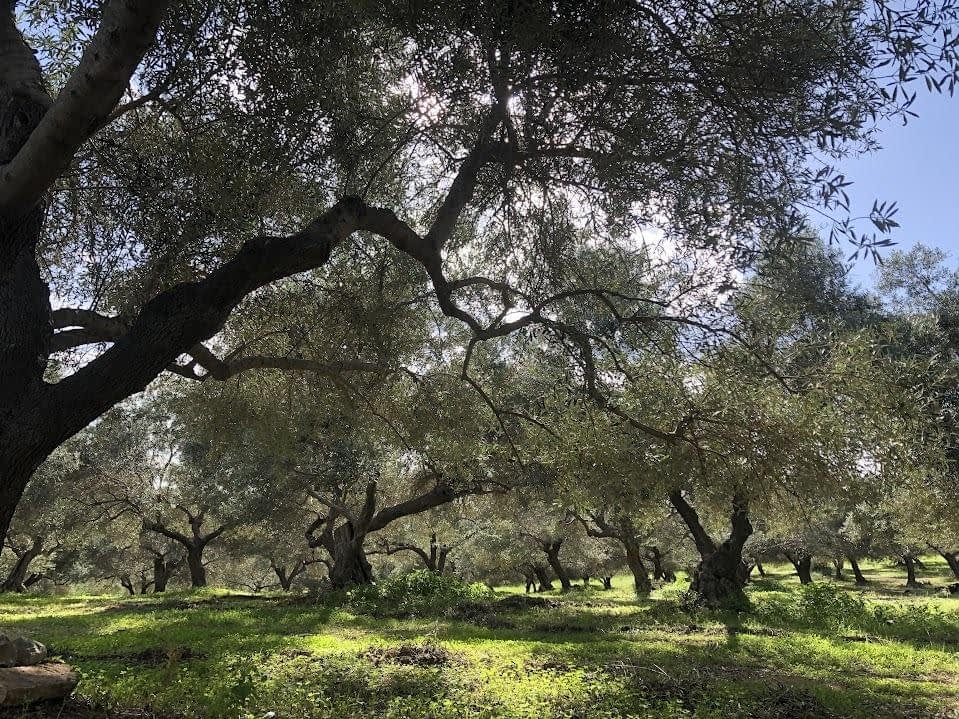
The Tsounati olive groves of Silvergreen (Photo: Antonis Tsoulos)
“Our olive groves are non-irrigated, which shows that our Tsounati trees grow in their ideal habitat, that of Crete,” he said.
“Nevertheless, climate change and the lower amount of rain we get now have made us reconsider the olive tree from a holistic approach as part of the ecosystem,” Vantarakis added. “Our main objective is to understand and respect the cycles of nature itself.”
Silvergreen is a modest producer in terms of production volumes, with an annual production of a few thousand kilograms of olive oil. However, being small has become advantageous for the company in applying the desired cultivation practices.
“In our certified organic olive groves, we apply even stricter growing methods than those required by the principles of organic farming, which would be nearly impossible to apply if we produced larger quantities of olive oil,” Vantarakis said.
He added that they also experiment with biodynamic and regenerative farming methods to tackle recurring problems such as higher-than-usual temperatures, drought and the olive fruit fly.
“Our olive trees are in good company with almond and fig trees, asparagus and wild capers, which prevent soil erosion and provide shade against the scorching sun,” Vantarakis said. “The plants also provide the perfect habitat for a variety of birds and insects which, in turn, contribute to keeping the fruit fly and other pathogens under control.”
Furthermore, pesticides, even those allowed in organic farming, are almost completely phased out at Silvergreen.
“Our main source of fertilizer are sheep and even horses left to roam freely in our groves,” Vantarakis said.
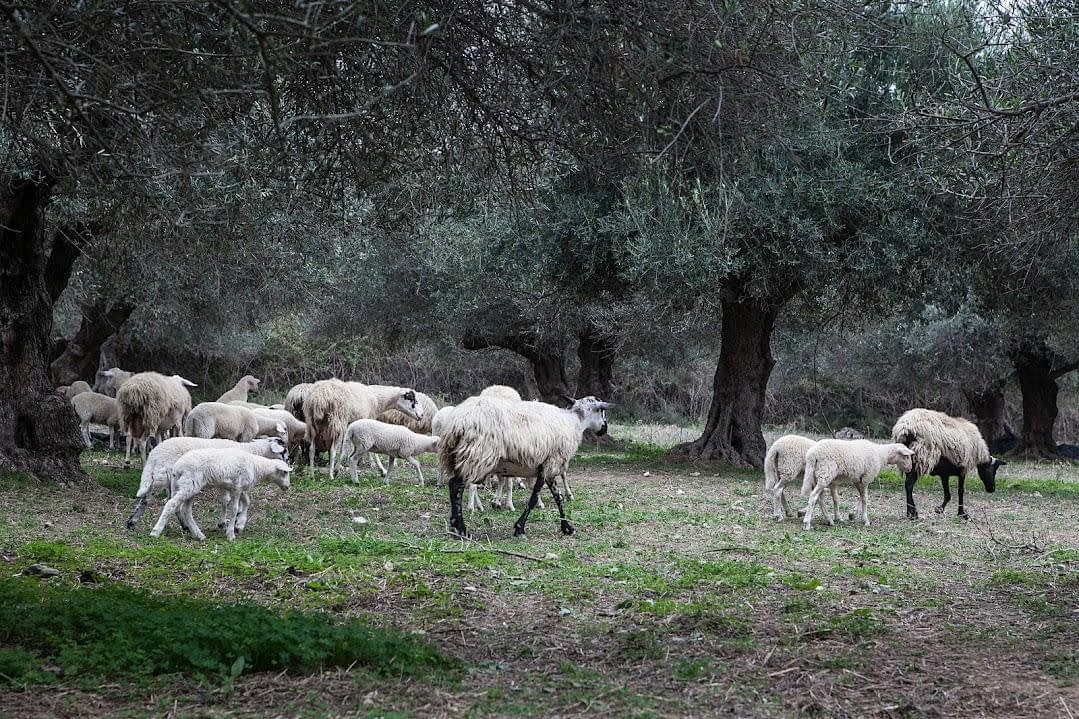
Sheep and horses in the olive groves are the main source of fertilizer. (Photo: Antonis Tsoulos)
He noted, however, that whenever ecological benefits are involved, modern technology is the way to go for field operations.
“For example, in the context of regenerative agriculture, we move from using the manually operated sprinklers biodynamic agriculture envisages to drones,” Vantarakis said. “Drones allow for better application. They are more precise, saving water and emitting significantly less carbon dioxide than other motorized means.”
Efkrato, Silvergreen’s extra virgin from Tsounati olives, has won awards at the NYIOOC World Olive Oil Competition for two years: a Gold Award in its debut in 2022 and another in 2023.
Efkrato is also high in polyphenols, bearing a health claim that meets the E.U. regulation 432/2012 requirements. The regulation specifies that olive oils containing at least 5 milligrams of polyphenols per 20 grams of olive oil can protect blood lipids from oxidative stress.
“It is the exchange we get for nurturing and loving our olive trees,” Vantarakis said. “Being able to produce a delicious and healthy olive oil from a demanding variety that earned two Gold Awards in New York without compromising on environmental impact is the ultimate recognition of our efforts.”
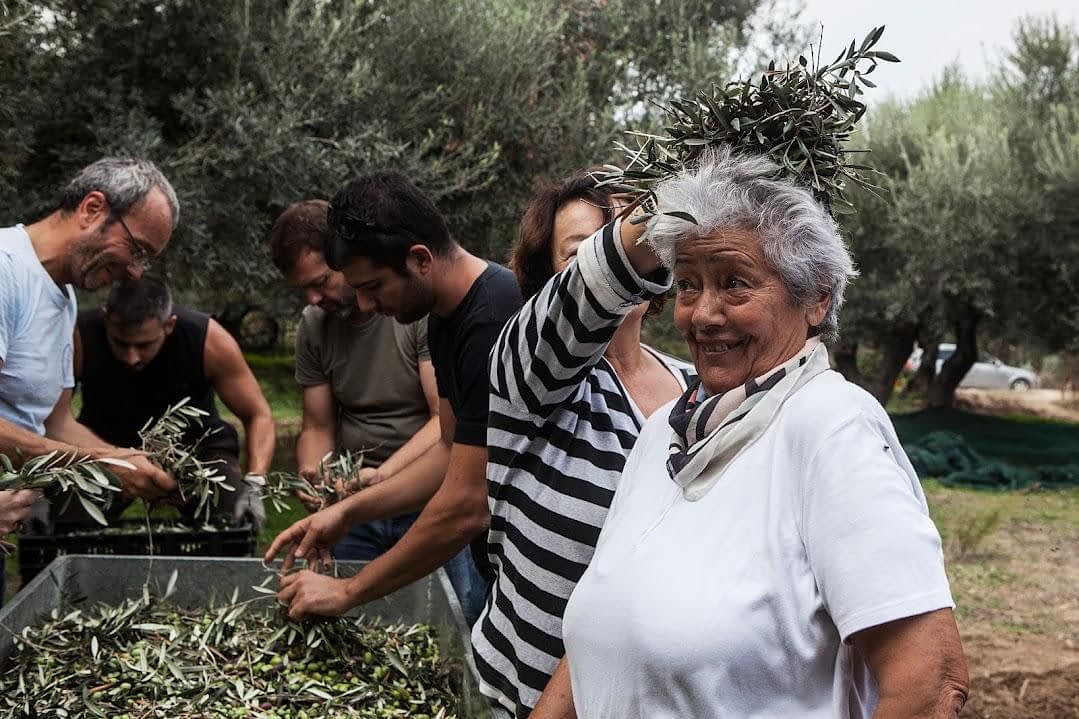
Emmanuel and Andreas Vantarakis with family during harvest (Photo: Antonis Tsoulos)
Efkrato is a mild monovarietal extra virgin made from early harvested Tsounati olives, boasting green almond peel and artichoke aromas. It is ideal with fish and can perfectly complement salads and vegetables.
“It can even be added to fruits or ice cream,” Vantarakis pointed out. “Efkrato offers a unique combination of culinary pleasure and nutritional value.”
In response to client requests, Silvergreen has also begun hosting olive oil-tasting events in the company’s olive groves and selected restaurants across Crete.
“Our guests can enjoy a dive into the Cretan cuisine, tasting selected olive oils from the indigenous varieties of Crete, each of which is ideally paired with a different local dish,” Vantarakis said.
The success of Silvergreen is firmly rooted in the ancient Cretan Tsounati olive cultivar. For Vantarakis, however, the company’s accomplishments are a chance for a trip down memory lane and a way to promote the true identity of his island.
“Efkrato is the improved version of the olive oil we grew up tasting,” he said. “Needless to say, the olive trees and olive oil are key elements not only of the famous Cretan diet, which is beneficial to health and also the most sustainable, but also of the cultural identity of Crete.”
“Every drop of olive oil we produce is a worthy representative of the cultural wealth of our island,” Vantarakis concluded.


